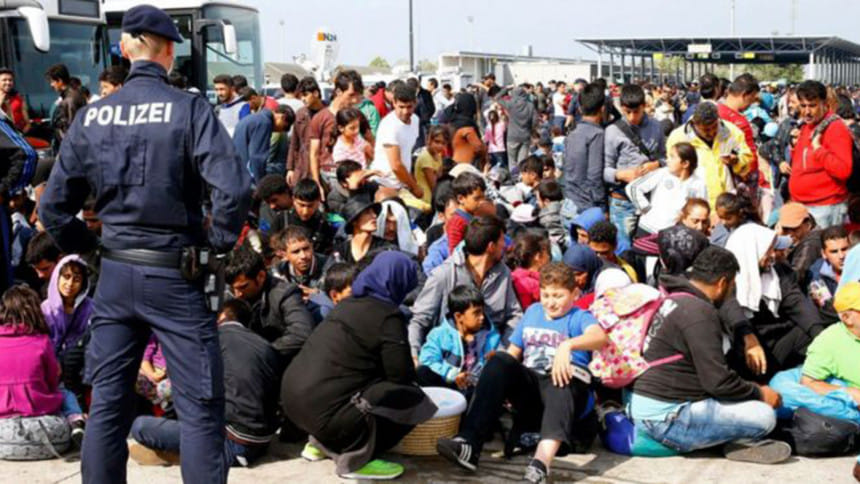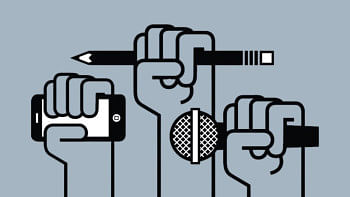Migrants face European ‘legal limbo’

Thousands of refugees could be left in "legal limbo" as European countries adopt different border rules to deal with the record influx of migrants, the UN refugee agency (UNHCR) has warned.
It has called for the establishment of big European-run reception centres in countries where migrants are arriving.
The statement came as Germany imposed controls on its border with Austria.
European interior ministers are to hold an emergency meeting on the migrant crisis later on Monday.
Ministers are due to vote on a plan from May to redistribute an initial 40,000 asylum seekers from Syria and Eritrea through mandatory quotas, though Central and East European states have opposed this.
The EU has since raised the total number of people it seeks to share out through quotas to 160,000 asylum seekers across 23 EU states.
Europe as a whole is struggling to deal with an enormous influx of people, mostly from Syria but also Afghanistan, Eritrea and other countries, fleeing violence and poverty.
Many migrants have been refusing to register in countries such as Greece or Hungary, fearing it will stop them being granted asylum in Germany or other EU states.
Migrants are continuing to stream through on the route from Greece, through Macedonia, Serbia and Hungary, to Austria and Germany.
-- Austria said it would deploy troops to help impose stricter controls on the border with Hungary, where some 14,000 crossed on Sunday
-- About 1,000 people reportedly slept at Salzburg station overnight after trains from Austria to Germany were temporarily suspended
-- In Hungary 5,809 migrants arrived on Sunday, a steep rise from the previous day's record of 4,330.
UNHCR said it was concerned that migrants seeking protection they are entitled to "find themselves moving around in legal limbo".
It said recent successive announcements of different border control measures by a number of European countries "only underlines the urgency of establishing a comprehensive European response".
This response must be based on the creation of effective reception centres which would "properly assist, register and screen people upon arrival in Greece, Italy and Hungary", it added.
The UN warning came as Germany imposed border controls on Sunday, with police officials stopping cars and pedestrians near the border and checking passports, AFP news agency reported.
The move goes against the principle of the Schengen zone, which allows free movement between many European countries. However, the agreement does allow for temporary suspensions.
Germany's rail service Deutsche Bahn said train services with Austria were stopped until 03:00 GMT on Monday. They have now restarted.
"The aim of these measures is to limit the current inflows to Germany and to return to orderly procedures when people enter the country," said German Interior Minister Thomas de Maiziere.
Germany says it is stretched to the limit by migrant arrivals, with 12,000 people arriving in Munich alone over the weekend. Germany expects 800,000 migrants to arrive this year.
The BBC's Damien McGuinness in Berlin says that Germany's move will put pressure on other European countries to do their bit and highlights just how much Germany is struggling to cope.
The UK has said it will take 20,000 people from refugee camps in the region over five years. UK Prime Minister David Cameron visited a refugee camp in Lebanon's Bekaa Valley on Monday, saying he wanted to "come here to see for myself and to hear for myself".
Hungary is aiming to complete a four-metre-high (13ft) fence along the border with Serbia by Tuesday, when tougher measures, including arresting illegal immigrants, come into force.

 For all latest news, follow The Daily Star's Google News channel.
For all latest news, follow The Daily Star's Google News channel. 



Comments